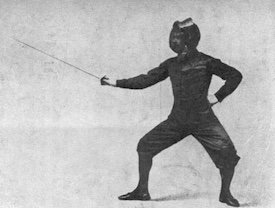I’ve been tested to have higher than normal hearing frequency range. This begs question about preference and taste, like fine wines. Do some “taste more” in sound?
Of course. Like pretty much anything else, we all have different hearing, vision, ideas, running speed... The norm is never more than an averaging of statistics. But does that have actual impact on personal taste? I would guess no more than everything else. Taste in music seems to be pretty deeply rooted in what we got exposed to as kids and apparently even more so, as teenagers(some paper suggested as much based on stats from streaming websites).
Then, the frequency range is only one variable and we all get somewhat different frequency responses, timing, etc because of the shape/size of our head, our age, heavy blows, some disease we got and some drugs we took for them, etc).
Also, and that's probably relevant: Music is not made for dolphins by dolphins.
A usual listening test checks up to 8kHz, it's very possible to do better than average and go above the top line. It means you still notice the tone at quieter amplitude than most. I got that myself in the upper range most of my life, at least I did before I went to drive old and very noisy trains for a few months :'(. Now I'm your average 45 year old guy with "good" average hearing. I honestly haven't noticed a change in my experience of music or my taste around that fairly short period of ear destroying job. And while I did notice that it was goodby 17kHz and above at my listening levels when I bothered testing for that with appropriate gear, I already was spending most of my listening time on the go with IEMs that rolled off massively between 10 and 14kHz. So at least in my case, I always had other priorities than frequency extension.
But I did spend my younger years getting mightily bothered by high freqs noises of all kinds that nobody else was noticing. And just in general, by people watching TV and listening to music loud enough that I wanted to go somewhere else. That I do remember clearly. And I've always disliked cymbals and real life violin sounds from up close. I still feel that way now that I can't hear a good deal of the upper range where they can go. But is it because my brain has declared that I would forever dislike those? Or is it because what I dislike has little to do with 17kHz and above in those instruments? I honestly have no idea.





















